Scientists confirm that since 1995 coral in the Great Barrier Reef has declined by more than 50 percent.
According to a new study from the Townsville-based ARC Centre of Excellence for Coral Reef Studies, between 1995 and 2017 the number of small, medium and large corals had fallen more than 50%.
The research spanned the entire 2,300 kilometers of the Great Barrier Reef and scientists warn “the world-famous landmark will become unrecognizable.”
Marine biologist Terry Hughes, explains:
“We used to think the Great Barrier Reef is protected by its sheer size, but our results show that even the world’s largest and relatively well-protected reef system is increasingly compromised and in decline.”
Andy Dietzel from the ARC Centre of Excellence for Coral Reef Studies, said:
“A vibrant coral population has millions of small, baby corals, as well as many large ones – the big mamas who produce most of the larvae.
Our results show the ability of the Great Barrier Reef to recover – its resilience – is compromised compared to the past, because there are fewer babies, and fewer large breeding adults.”
The authors write:
“The global decline in large, old trees, for instance, implies a loss of critical habitat, food, and carbon storage.”
Image credit wikimedia
source Proceedings of the Royal Society

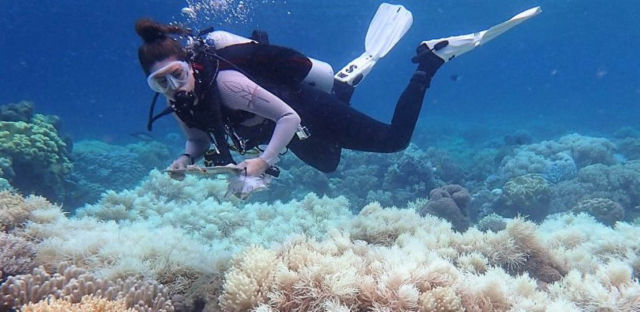
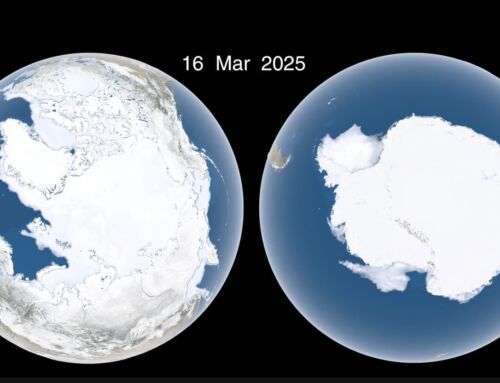
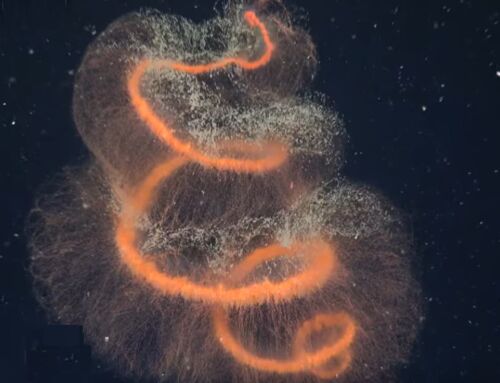
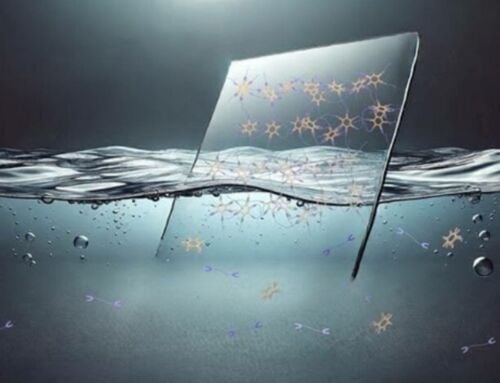
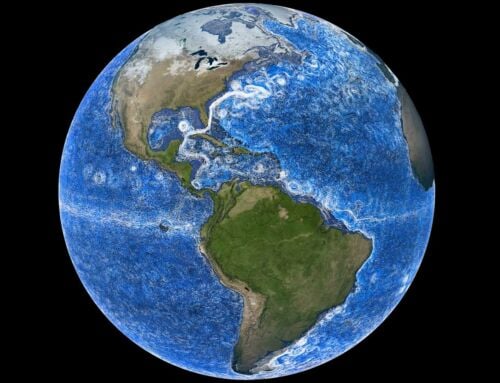
Leave A Comment